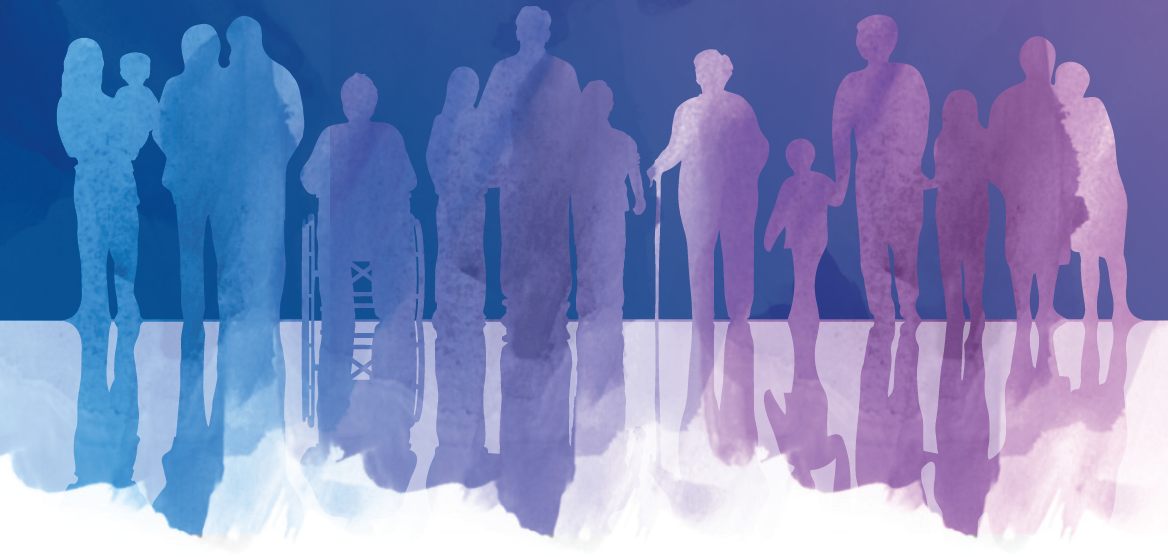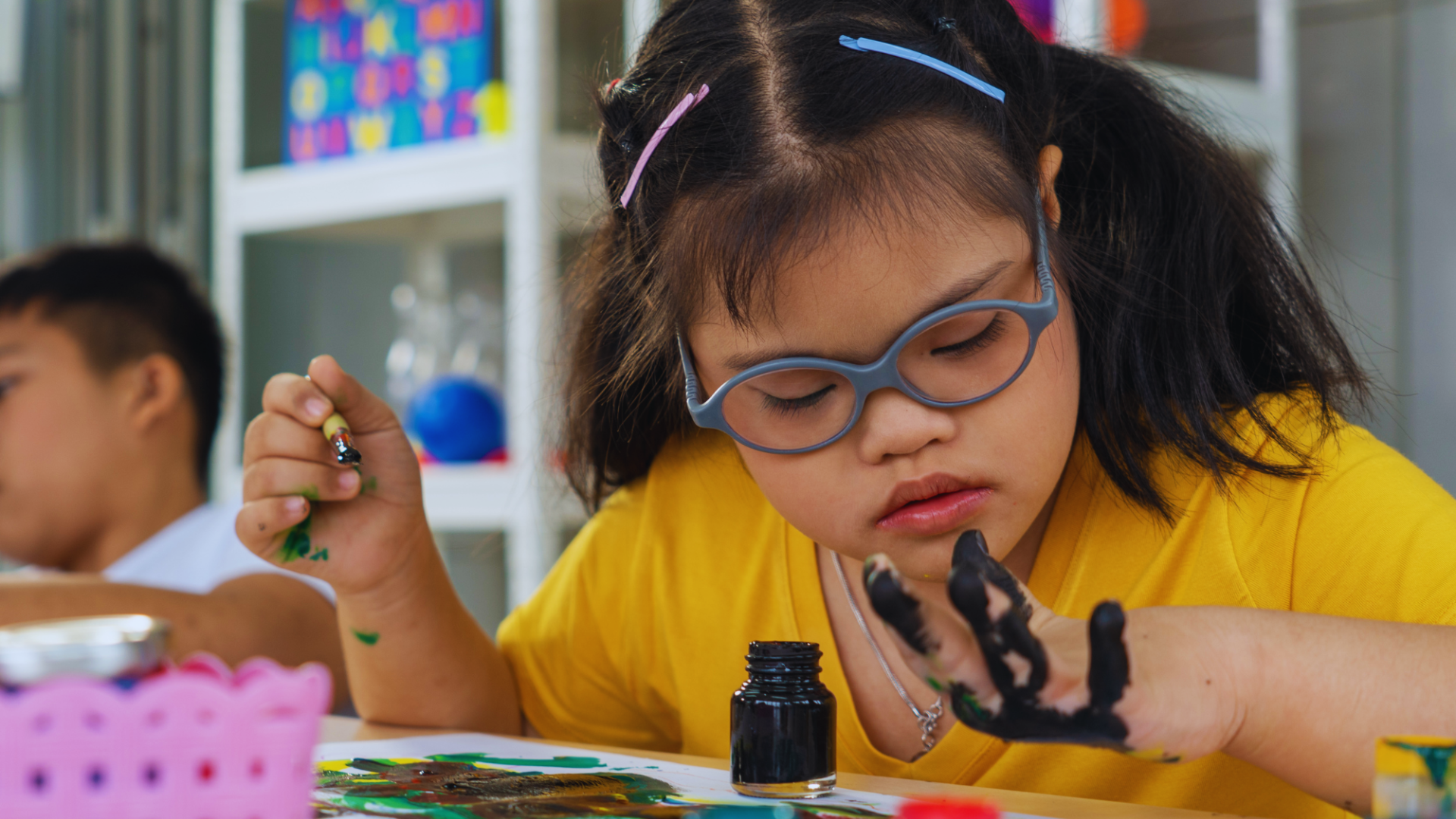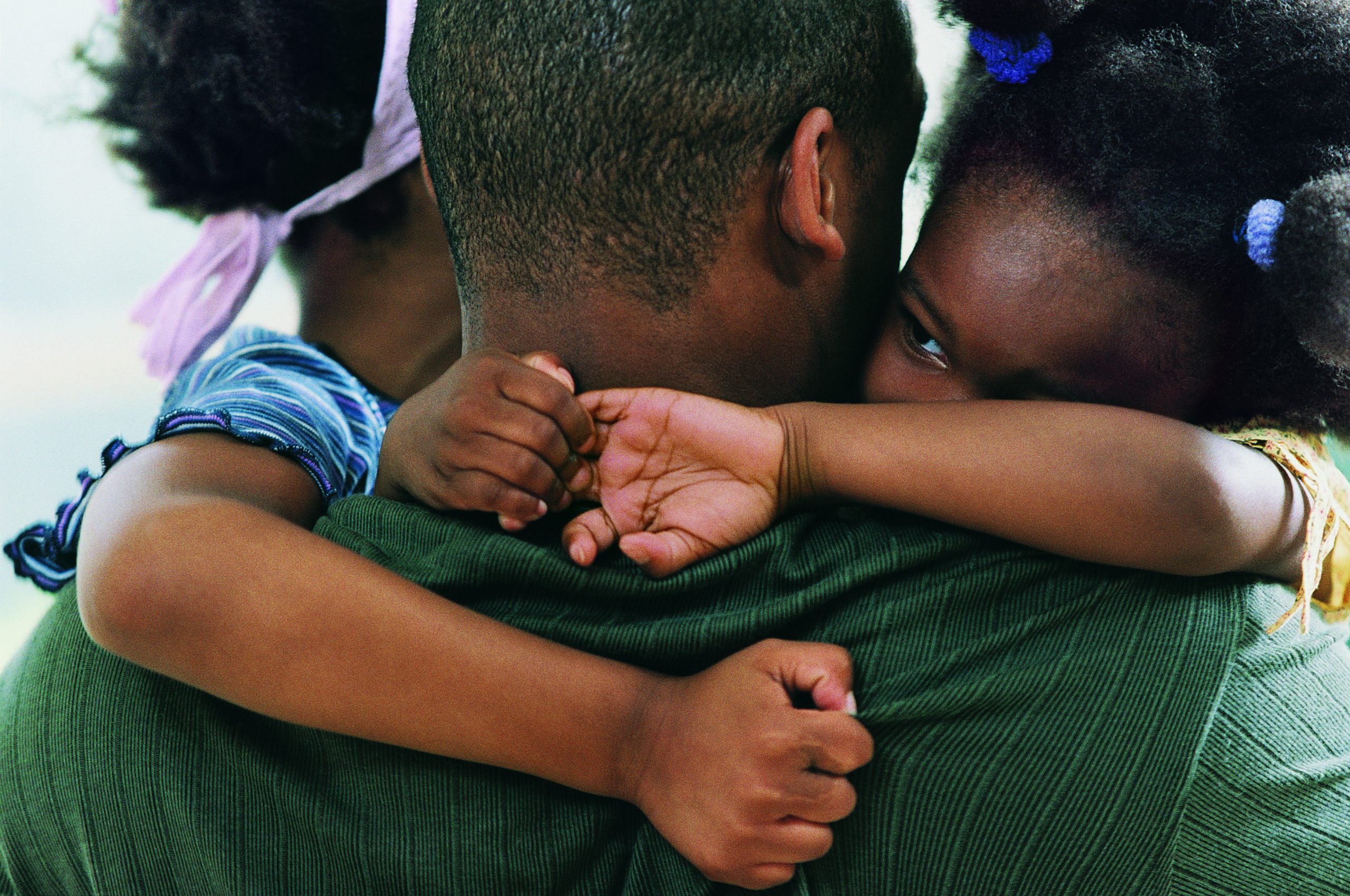
Poverty Reduction Strategy
On this page…
Overview
Who: The Ministry of Social Development and Poverty Reduction
What: Seeking feedback on how to continue addressing poverty in B.C.
Where: Province-wide
Why: To inform an updated Poverty Reduction Strategy for B.C. in 2024.
How: Online
Engagement Summary
The Ministry of Social Development and Poverty Reduction will use your feedback to inform an updated Poverty Reduction Strategy for B.C. in 2024. Your input will also be shared to inform future government programs and services that reduce poverty and tackle social and economic barriers for people.
Participants were able to submit their thoughts and ideas through various engagement channels:
- Public survey
- Virtual Townhall Session
- Written Submissions
Results
Read the What We Heard Report (PDF, 12MB)
Read the Indigenous What We Heard Report (PDF, 7.2MB)
As part of the broad engagement process to renew B.C.’s poverty reduction strategy, government also undertook a separate, distinctions-based engagement with First Nations, including Modern Treaty Nations, and Métis in late Spring and Summer 2023. Urban Indigenous people were also engaged as an intersectional group comprised of all distinct Indigenous groups, including Inuit and Indigenous people from outside of B.C.. To ensure a culturally-safe, Indigenous-led engagement process, the Province contracted an Indigenous facilitation firm, Mahihkan Management, to conduct Indigenous engagement sessions held in communities and online. A separate Métis-led engagement was organized through Métis Nation BC.






